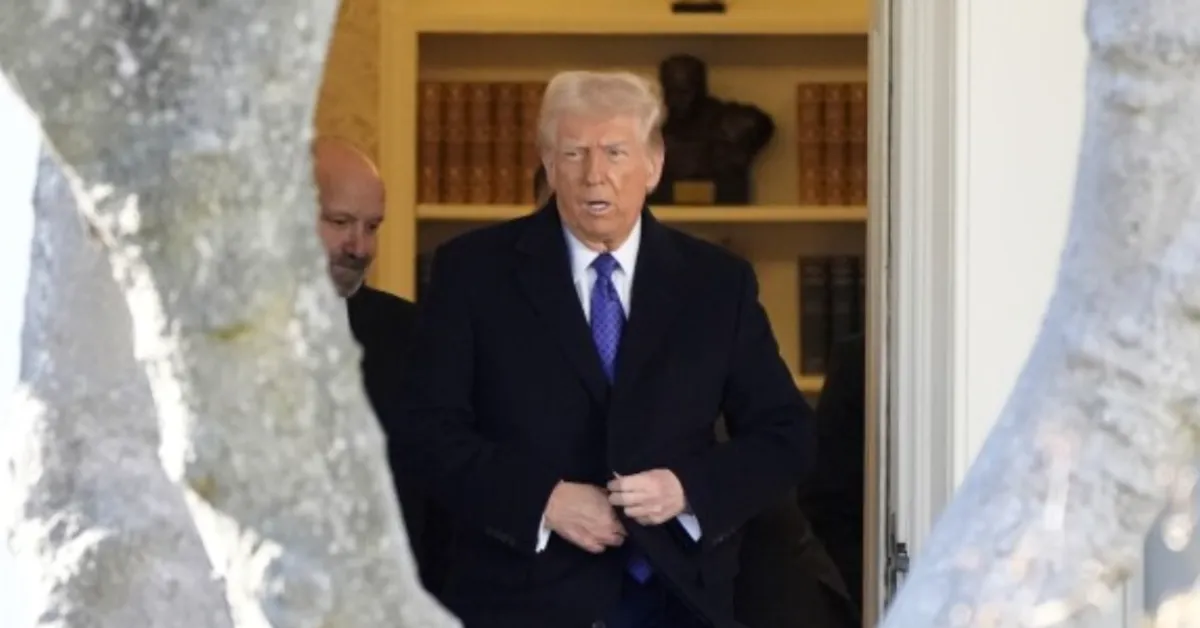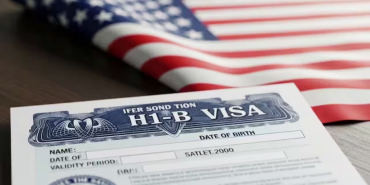Trump Administration Dismisses 20 Immigration Judges Amid Growing Case Backlog

The Trump administration has dismissed 20 immigration judges without explanation, a move that aligns with ongoing efforts to reduce the federal workforce.
The terminations, disclosed by Matthew Biggs, president of the International Federation of Professional & Technical Engineers, occurred on a recent Friday and involved 13 judges who had yet to be sworn in, alongside five assistant chief immigration judges. In total, two additional judges were also dismissed the previous week. The Justice Department's Executive Office for Immigration Review (EOIR), which oversees approximately 700 judges, has not responded to immediate inquiries regarding the dismissals.
This development coincides with a significant backlog within immigration courts, where over 3.7 million cases remain pending, according to data from the Transactional Records Access Clearinghouse at Syracuse University. Asylum seekers often wait years for their cases to be resolved amid bipartisan calls for an increase in the number of judges and support staff. Despite these requests, the Trump administration has urged some judges to expedite their case decisions.
Prior to this recent shake-up, the administration had replaced five top officials within the EOIR, including Mary Cheng, who served as acting director. The current head, Sirce Owen, a former appellate immigration judge, has since implemented several policy changes that roll back measures established under the Biden administration.
Additionally, the Justice Department temporarily halted funding for non-profit organizations that provide crucial support and information to individuals facing deportation, although this funding was later reinstated following a federal lawsuit by a coalition of nonprofit groups. The recent firings are part of a broader strategy that prioritizes mass deportations and a reduced federal workforce.
Furthermore, the administration has directed federal agencies to lay off nearly all probationary employees who lack civil service protection, potentially impacting hundreds of thousands of workers. These actions raise significant concerns regarding the future capabilities of immigration courts to manage the increasing backlog of cases while maintaining effective and efficient operations in light of the diminishing workforce.














Add new comment